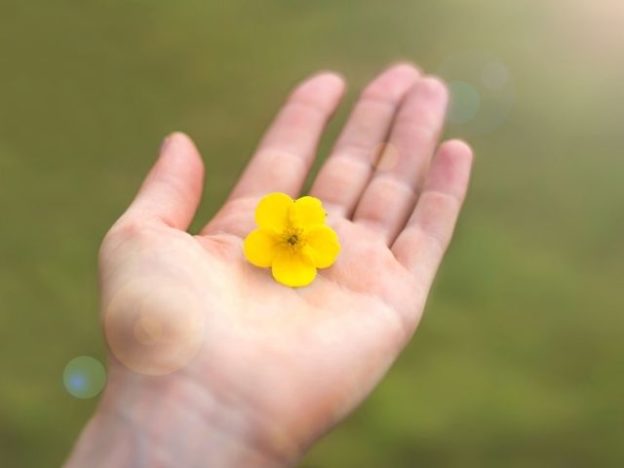How can parents continue to grow and develop in their recovery over time?
Parents often come to their first meeting feeling hopeless and the first thing they usually learn is that they are not alone. Knowing this is a tremendous relief. Finding others who are willing to listen and can identify with their story is a great start. Next, parents often realize that although they might have come seeking to learn how to change their child, or addicted loved one, they are finding out it is actually themselves who they will need to work on and change.
This opens up a tremendous learning period, a true paradigm shift, and a new way of looking at themselves, their loved one and addiction as a whole. Parents then change long-term behaviors, learn to let go of control, work through anger and hurt, become free of guilt and taking responsibility for others actions, learn to work with their spouse better, learn to communicate with their child, get educated about addiction and more. So, while they originally came for their child, they stay involved for themselves and their own growth. As their tools develop, so does their sense of comradery and friendship with the other attendees of their meetings. Parents often find themselves attending even when everything is going well, just to see a friend. A recovery meeting is often one of the brightest spots in their week regardless of how their child doing.
Once the parent reaches this point it is an important time to borrow a concept from the 12-step program of Alcoholics Anonymous. The most important part of the 12-step recovery program is helping others by giving back. There is nobody who can reach an alcoholic like another alcoholic and the same concept applies to parents; there is nobody better (experts included) than a parent of an addicted child to help another parent of an addicted child. One parent talking to another is the absolute best way a parent can receive help. Those who have tried it know: the real magic of recovery is that the person helping gains as much benefit as the person they are trying to help, if not more. Giving back is very important for long term recovery. A paradox of the program is that you must give it away in order to keep it. Just as the addict who does not help other addicts often relapses, parents who do not dedicate some time to helping other parents often relapse into old behaviors.
The best way to reap the long-term rewards of recovery such as peace, self-love, happiness and freedom found in recovery is to give it back to somebody else. In this way, recovery is a lifelong process of always having your hand out to the next parent who is in the place that you once were and always doing your part to let another know that they are not alone. There’s another AA saying that applies here:
I am responsible.
When anyone anywhere, reaches out for help, I want the hand of AA always to be there, and for that I am responsible.
Any PAL parent can supplement this saying into their own recovery and make a commitment to themselves to practice gratitude for their recovery by taking responsibility to help the next parent in need.
So, to continue to reap the rewards of recovery that you have found and continue to grow in your own life, remember the best way to learn something is to teach it to another, and always remember to give it away to keep it!
This article was written by Josh Azevedo for Parents of Addicted Loved Ones and originally appeared on their blog for families of addicted loved ones here.





